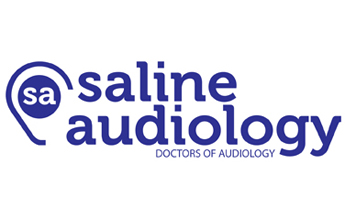A Sound Investment
Saline Audiology has been in business since August 1997 and we are here to stay! Call and schedule and appointment for a hearing test and let us show you the latest in hearing aid technology. Our audiologist will also explain about hearing loops and how they…
Read more